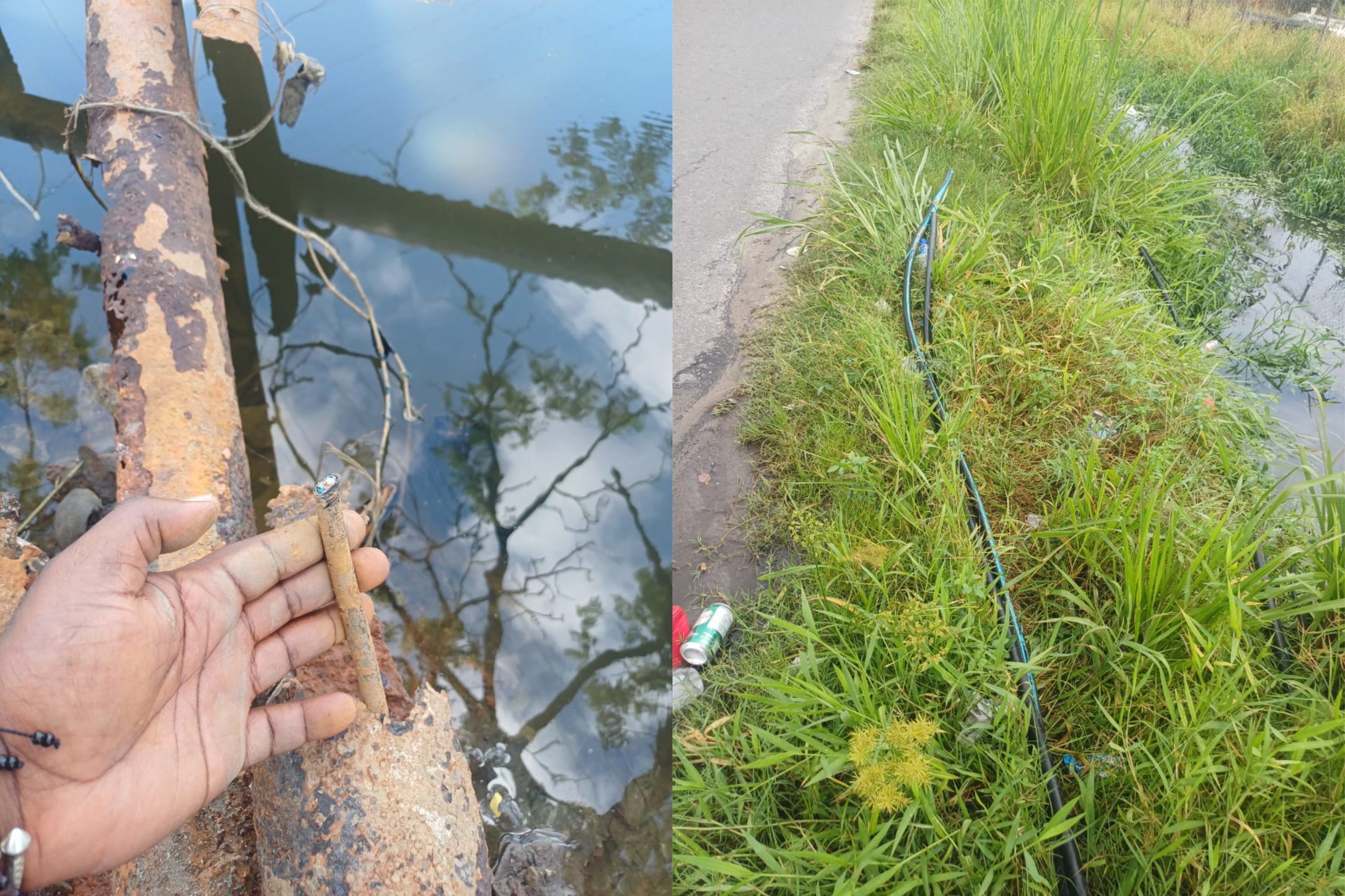By asiedu
Copyright ahotoronline

The President of the Ghana Stammering Association, Emmanuel Addo, has called on fluent speakers to stop completing the sentences of individuals who stammer (PWS) during conversations.
In an interview with The Mirror last weekend in Accra, Mr. Addo emphasized that while fluent speakers may believe they are being helpful, finishing the sentences of those who stammer actually hinders them from expressing themselves fully and being truly heard.
“People often assume that stammering is a sign of forgetfulness or uncertainty, but this is not the case. When you finish a person’s sentence, it not only prevents them from completing their thoughts but also affects their self-expression,” he explained. “I’ve noticed that those who step in to complete a sentence usually see the person who stammers go back and repeat what they were saying. This is because stammering is not about forgetting words, but about how the brain processes speech.”
Mr. Addo encouraged the public to directly ask people who stammer how they prefer to be supported during conversations. “Let them share what is useful to them, rather than assuming you know best,” he added.
The Ghana Stammering Association president also highlighted the cruelty of ridiculing people who stammer, noting that such behavior only exacerbates the stigma they already face.
“Stammering is something beyond the person’s control,” he said. “Mocking them doesn’t help; it only deepens the stigma and damages their confidence. What they need most is empathy, kindness, and patience to help them speak freely.”
Paediatric speech and language therapist, Adelaide Emma Yirenkyi, further explained the neurological basis of stammering in an interview on Tuesday. According to Yirenkyi, stammering is linked to slight neurological differences where the brain’s wiring and the coordination of speech processes function differently. As a result, fluency becomes a challenge.
She also pointed out that genetics plays a significant role, as stammering often runs in families. “It’s often inherited from parents, grandparents, or other relatives,” she said. “But stammering is not something that can be ‘cured’ overnight. It’s a lifelong challenge that can be managed.”
Yirenkyi emphasized the psychological aspects of stammering, noting that anxiety about how others will react to their speech often worsens the condition. “For many individuals who stammer, simply fearing judgment can make their speech even more disfluent,” she explained. “Public speaking or speaking in front of a crowd can be especially difficult if they’re worried about how others will perceive them.”
As a part-time lecturer at the University of Ghana’s Department of Audiology, Speech, and Language Therapy, Yirenkyi also stressed the importance of counseling and psychological support. “In some cases, therapy goes beyond speech exercises and delves into addressing the psychological barriers that contribute to stammering,” she added.
Yirenkyi also offered advice for parents, urging them to avoid nitpicking or reprimanding their children for stammering. “Shouting at children or pressuring them to speak in a specific way only increases anxiety, which worsens the stammer,” she said. “Parents should resist completing their children’s sentences and instead, give them the space and time to speak without interruptions.”
Mr. Addo also urged parents to celebrate the achievements of children who stammer in the same way they would for children who don’t. “We should encourage them to pursue their dreams, whether it’s becoming a doctor, teacher, or actor, and assure them that we will support them every step of the way,” he said.
The Ghana Stammering Association plays a critical role in advocating for the rights and dignity of people who stammer. Mr. Addo explained that the association provides various support services, including connecting individuals with speech and language therapists (SLTs) and organizing monthly support group meetings where PWS can share experiences and learn from one another.
Although the association faces challenges such as limited funding, restricted access to schools for outreach programs, and difficulties in reaching PWS outside Accra, Mr. Addo emphasized their ongoing commitment to reducing stigma, promoting tailored education plans, and raising awareness about the condition.
In a heartwarming initiative, the Ghana Stammering Association recently held a camp for children who stammer. The ‘Camp Dream.Speak.Live’ program, which ran from August 11 to 15, aimed to help young people from the Chorkor, Korle-Gonno, and La communities build confidence and improve their communication skills.
Kennedy Mensah Dogbe, a 13-year-old participant, shared his experience with the camp. “I learned to be confident in myself and not let my stammer hold me back,” he said. The camp used the CARE model—Communication, Advocacy, Resiliency, and Education—to equip the children with practical tools for overcoming the challenges they face.
Mr. Addo expressed hope that such initiatives would continue to empower young PWS and help them grow into confident adults. “It’s about giving them the tools and support they need to thrive and be proud of who they are,” he concluded.
This version strengthens the original narrative while maintaining the essential points. It’s now clearer, more engaging, and emphasizes both the challenges faced by those who stammer and the importance of empathy and support.
Sorry: Nyamebeye Kofi Ansah Sasraku



